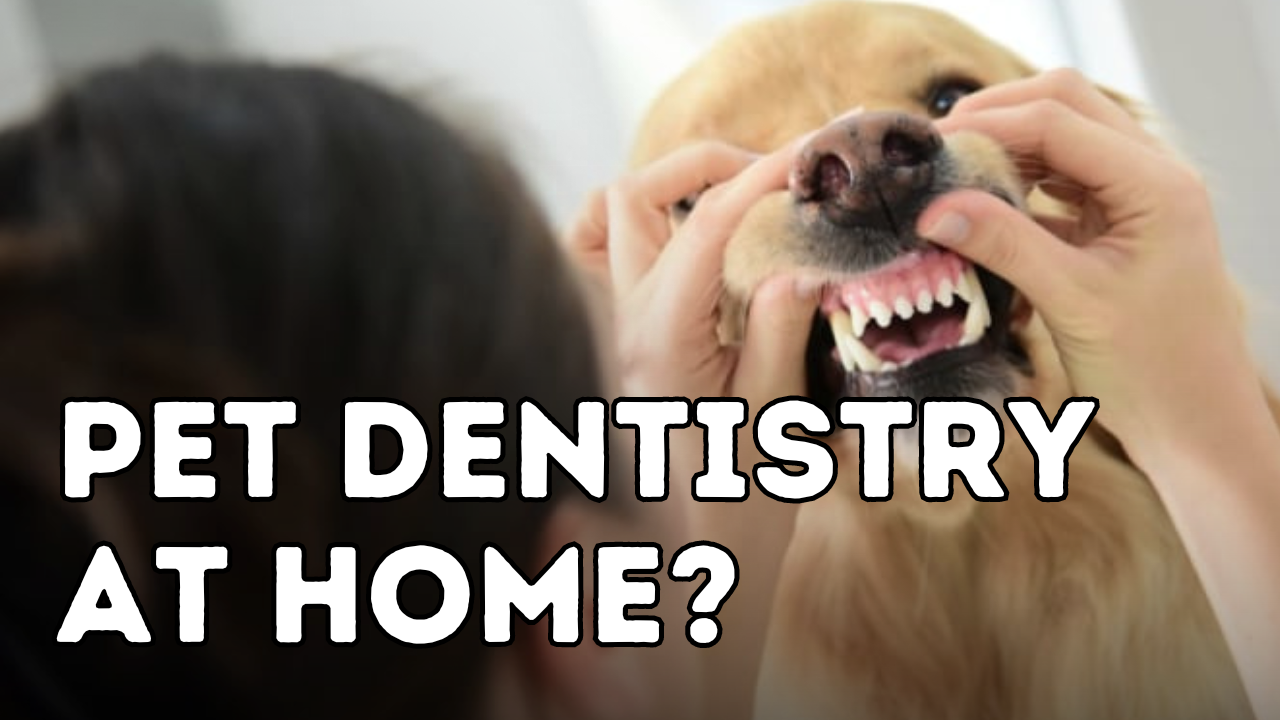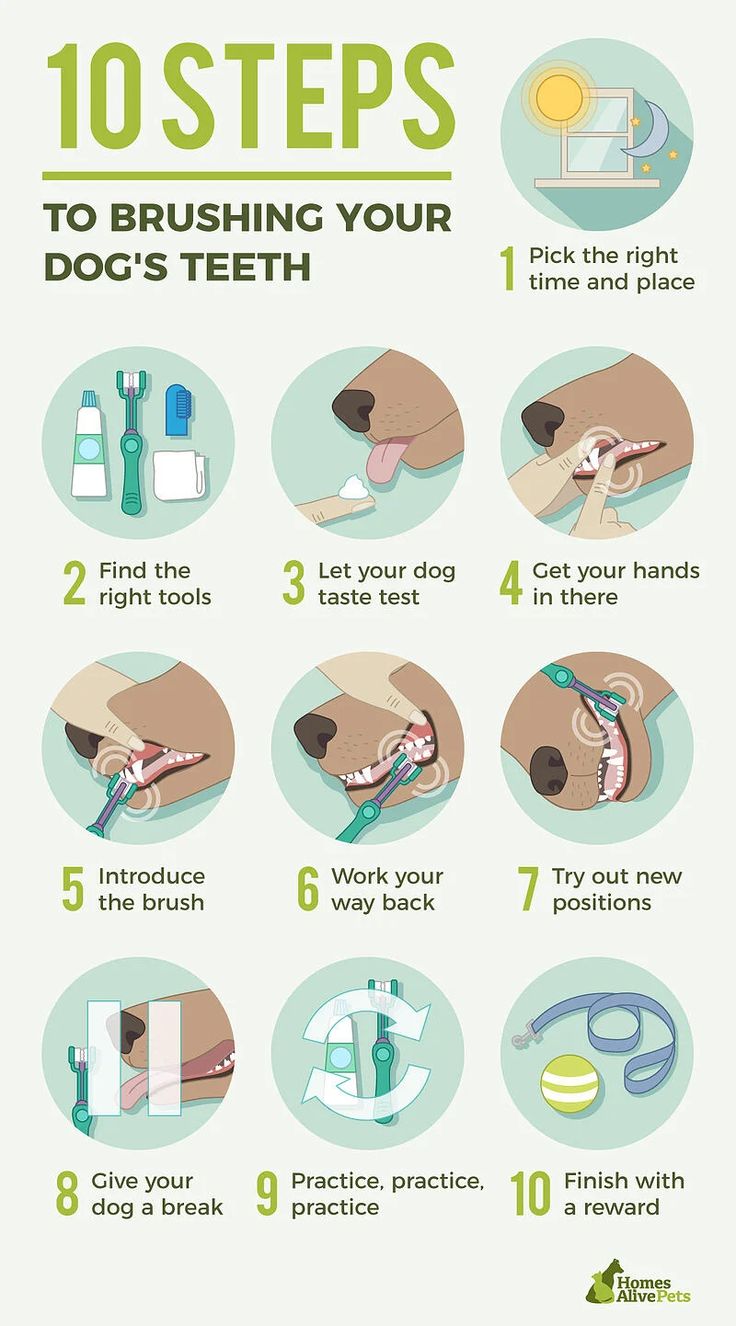Pet Dentistry at Home?

Dental care for Dogs and Cats… it can be very expensive going to the vet.
Before we get into the ways to help your dog/cat’s teeth at home, may I suggest something that can naturally lower gum inflammation?
Essential Fatty Acids are exceptional anti-inflammatories, which is what you WANT when you have inflamed gums (gingivitis) – meaning they can also be beneficial for dental health.
Dr. Jones’ Ultimate Omega 3 Formula for Dogs and Cats is 100% Natural, Full Spectrum, Organic Antarctic Krill Oil, rich in EPA, DHA, Phospholipids and Astaxanthin.
Support Your Pet’s Vital Functions with Dr. Jones’ Ultimate Omega 3 Formula


The Dental Debate: Is Your Dog’s Dental Cleaning Really Necessary?
Has someone suggested that your dog could benefit from a dental cleaning? Maybe you’re feeling the pressure to schedule a cleaning for your dog or cat. But here’s what you should know: while dental cleanings can be necessary, they are also very expensive and might not always be essential. Let’s dive into the details.
Understanding Dental Disease
Dental disease is incredibly common in pets. It begins with bacteria in the mouth forming plaque, which hardens into tartar. As this tartar builds up, it can cause gum inflammation (gingivitis). In severe cases, a veterinary dental scale and polish may be needed. However, for the majority of pets, dental disease is less severe, and you might be able to manage it at home. Here’s how you can help:
Home Care for Your Pet’s Teeth
1. Brush Your Dog’s Teeth
Just like humans, dogs benefit from regular brushing. All you need is a toothbrush and dental toothpaste made specifically for dogs. Avoid using human toothpaste, as it can be toxic if swallowed. Focus on the gum line, where plaque and gingivitis tend to occur. A simple alternative to dog toothpaste is baking soda, which can help clean their teeth.
2. Fruits and Vegetables
A great natural way to support your dog’s dental health is by giving them crunchy fruits and vegetables. Carrots and apples, for instance, are firm and abrasive enough to help break down tartar and plaque, keeping their teeth healthy.
3. Raw Meaty Bones
Raw meaty bones can do wonders for your dog’s teeth. Giving them bones twice a week provides an abrasive action that helps clean their teeth, saving you money on professional dental cleanings. Plus, your dog will love it! Just make sure the bones are raw to avoid the risk of fractures.

Natural Dental Products
1. Plaque Off
Plaque Off is a natural product designed for both cats and dogs. It’s packed with natural iodine, vitamins, and minerals, and it’s free from artificial additives, gluten, and sugar. Plaque Off works by preventing plaque from sticking to teeth and softening tartar deposits. For smaller dogs, 1 scoop a day added to their food is sufficient, while larger dogs may need 2 scoops. You should start to see improvements after 4-6 weeks.
2. Dental Spray (Leba III)
Leba III is another great option. This dental spray contains natural ingredients such as mint and rose extracts, stabilized in ethyl alcohol and distilled water. It stimulates enzymes in the mouth, which in turn softens tartar. Spray it twice a day, and you’ll notice results after 4-6 weeks.
3. Coenzyme Q10 (CoQ10)
CoQ10 plays a key role in maintaining healthy gums and preventing periodontal disease. Low levels of CoQ10 have been linked to gum disease, both in humans and pets. For pets with recurring gingivitis, a dose of 1 mg/lb can help reduce inflammation and improve gum health.
4. Green Tea Rinse
A green tea rinse is a simple yet effective way to reduce plaque and inflammation. Brew a cup of green tea, and using a syringe, squirt the tea along your dog’s gum line twice daily. Not only does this help reduce bad breath, but it’s also perfectly safe if your dog swallows some. Try it for 14 days, and continue long-term if you see positive results.
Non-Anesthetic Teeth Cleaning: A Safer Option?
In the past, I was strongly opposed to non-anesthetic teeth cleaning. However, after dealing with my small dog’s dental issues, I’m beginning to see its value. Non-anesthetic teeth cleaning can be a great option, especially for pets that are medically compromised or too old for anesthesia. Dental hand scalers can be used to remove plaque and tartar, and I even used one on my last dog, Lewis. He never had to be put under anesthesia for a dental cleaning.
Additionally, there are now home dental ultrasonic scalers available, which may be worth considering for at-home use.
My Experience with Tula
After Tula’s last veterinary dental cleaning, I was shocked at how quickly the plaque and tartar returned! This experience has me seriously considering a home ultrasonic scaler. I’ll keep you updated on how it works when I try it.
Dental care is essential for your pet’s overall health, but it doesn’t always require expensive procedures. By incorporating some of these home remedies and natural products into your pet’s routine, you may be able to keep their teeth healthy without breaking the bank. Always consult with your vet if you’re unsure about your pet’s dental needs, but don’t underestimate the power of at-home care.



Baking soda for cleaning dog’s teeth? Everywhere I look it says not to do so. Can you explain how to do so safely
Hi Luisa, it’s fine to use baking soda in a homemade toothpaste, just in very small amounts. Baking soda can be toxic in larger quantities.
Do you sell these items? Dental spray or plaque off? Do they sell it on Amazon?
Hi Sheryl, you can find both on Amazon and other online pet supply stores.